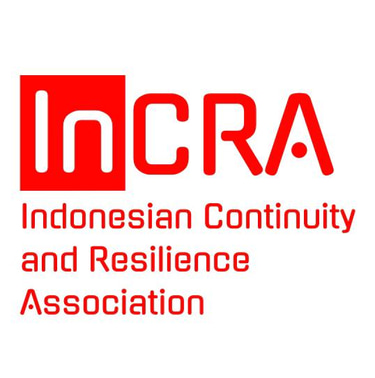From Pademic to Endemic: Lessons from COVID-19
Yuliasman
6/30/20233 min read


President Joko Widodo has announced a change in the status of the coronavirus disease 2019 (COVID-19) outbreak from pandemic to endemic on June 21, 2023. The striking difference between a pandemic and an endemic is that pandemics occur in a large geographical area simultaneously, while in an endemic, the emergence of the disease tends to be constant and predictable and covers only a geographic area.
This endemic status places COVID-19 along with seven other endemic infectious diseases in Indonesia, namely malaria, dengue hemorrhagic fever (DHF), tuberculosis (TBC), hepatitis, leprosy, leptospirosis, and filariasis (elephantiasis). However, it also has certain consequences, for example, the end of special treatment by the government for COVID-19, which has so far restricted public activities to control transmission, or even the fact that the financing of treatment borne by the government becomes the responsibility of the individual (or the company for those providing guarantees). At least until this writing, there had been no firm statement from the government regarding the mechanism for guaranteeing medical expenses for COVID-19 patients.
When it was announced as a pandemic in Indonesia in the first quarter of 2020, we felt how the situation at that time, both at the government level and in the business world, responded with panic, as evidenced by the frequent changes in policies in the short term. This panic indicates the collective unpreparedness of the Indonesian nation to respond to a rapidly spreading pandemic. In fact, this is not the first time Indonesia has had to deal with an epidemic, considering that in 2009 Indonesia faced a swine flu (H1N1) pandemic, and previously in 2003 Indonesia had also experienced the transmission of SARS (severe acute respiratory syndrome), which also has the ability to spread quickly. A number of experts say that the COVID-19 pandemic is a black swan phenomenon, or an event that is very rare and impossible to predict but capable of changing many things.
In the context of business continuity management (BCM), disaster events (in any form) that disrupt the fulfillment of organizational obligations to stakeholders are used to test the preparedness (awareness) that has been built before the disaster occurs, as well as being a source of input for improvement. disaster response policies and plans in the future.
Apart from the various appreciations received by a number of parties for the handling of COVID-19, there are many things that need to be improved, especially regarding risk communication to the public. Focusing on controlling transmission can be carried out effectively without causing excessive panic.
The next thing that needs to be encouraged is for every organization, both government and private, to implement a measurable and evaluationable framework for business continuity management, especially organizations related to public services and organizations that determine Indonesia's economic growth, including the financial sector, which has systemic implications.
For business entities that already have a BCM framework, of course, there are many lessons that can be learned from the journey to deal with the pandemic and the endemic of COVID-19. The COVID-19 pandemic provides opportunities and challenges for organizations to develop broader recovery strategies, especially with the increasingly widespread use of information technology in the process of delivering products and services to customers.
Before COVID-19, meetings with clients or internal teams were usually done face-to-face; after COVID-19, a new normal for virtual meetings emerged. After the pandemic entered its endemic phase, a debate arose over whether to continue working during the pandemic or to return to normal work methods in the form of face-to-face meetings, which some considered more effective.
On the other hand, even though a business entity has implemented good BCM practices, in reality, the COVID-19 pandemic still provides significant risk exposure because the business sector is very vulnerable to restrictions on community activities, such as the tourism business sector. It is necessary to develop business resilience schemes that naturally depend on certain policies so that if a policy is implemented by the government, the organization can control the impact of the policy with the plans that have been prepared.
Finally, we must take lessons from every event, including the COVID-19 incident, which has now entered an endemic phase. The experience management mechanism becomes an opportunity to increase business resilience when facing shocks. It is more perfect if it has a certain framework, as implemented in BCM.
apt. Yuliasman, S.Farm, GRCP, QRMP, QRMA, BCMCP, CGP, CCP, FRAC, AAAK.
Co-Founder of InCRA
